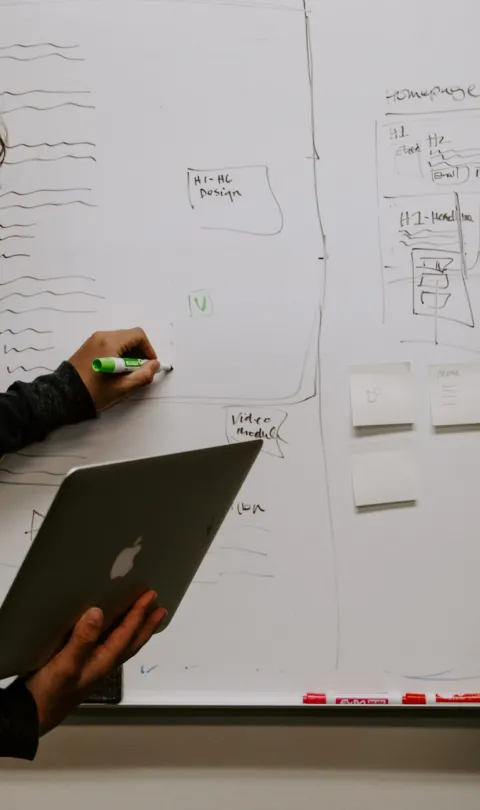About the initiative
For centuries, statisticians have worked to collect and analyze information about our communities and develop standards and methods through which it is produced and communicated. However, statistical data is not the only form of information that governments, civil society, and communities can use to inform sustainable development. Recent years have seen a proliferation in the availability of alternative data sources, including satellite data, mobile phones data, and more.
Citizen-generated data (CGD) is a problem-focused data source that can complement and fill gaps in national statistics. It involves communities collaborating to collect data they need to understand and tackle a problem that affects them directly and can be invaluable to identify patterns and guide official policymaking and monitoring systems. CGD is key to achieving the Sustainable Development Goals (SDGs) in several ways:
- It can create new spaces for the government to engage citizens and enhance public participation in government decision-making. It can also help ensure responsive and inclusive decision-making at different levels of government.
- It provides alternative data that can complement and enhance official data supporting policies, programs, and projects to achieve the SDGs, and efforts to monitor progress. CGD is a low-cost, real- or near-real-time data source and is also typically more disaggregated.
The CGD Task Team has three focus areas:
- to produce recommendations on the types of CGD initiatives that are best suited to different purposes, actors, and needs, and what this means for their potential to scale and be combined with other data sources for implementation and monitoring the SDGs;
- to produce guidance aimed primarily at official stakeholders at all levels of government and international organizations on how to navigate and engage with different types of CGD initiatives;
- To provide a forum to share experiences, challenges, and learning related to CGD.
Task Team members:
- Africa Philanthropic Foundation
- Government of Canada: International Development Research Centre (IDRC)
- C-Change
- CIVICUS
- Committee for a Better New Orleans
- Commonwealth Foundation
- Data2X
- GeoCensos
- Global Integrity
- GroundTruth Initiative
- HelpAge International
- Humanitarian OpenStreetMap Team (HOT)
- International Center for Research on Women (ICRW)
- Kwantu
- Open Knowledge International
- Open Knowledge Nepal
- OpenUp
- Partnership in Statistics for Development in the 21st Century (PARIS21)
- Planet
- Pollicy
- Project 8
- Restless Development
- Sustainable Development Solutions Network (SDSN) Youth
- Tanzania Development Trust
- TECHO
- The Gambia YMCAs Computer Training Centre and Digital Studio
- Twaweza East Africa
- UN Women: The United Nations Entity for Gender Equality and the Empowerment of Women
- United Kingdom Department for International Development (DFID)
- United Kingdom Office for National Statistics (ONS)
- United Nations Development Programme (UNDP)
- United Nations Global Pulse
- United Nations University Institute on Computing and Society
- US Department of State
- Ushahidi
- Video Volunteers
- Wikimedia
- Wingu
